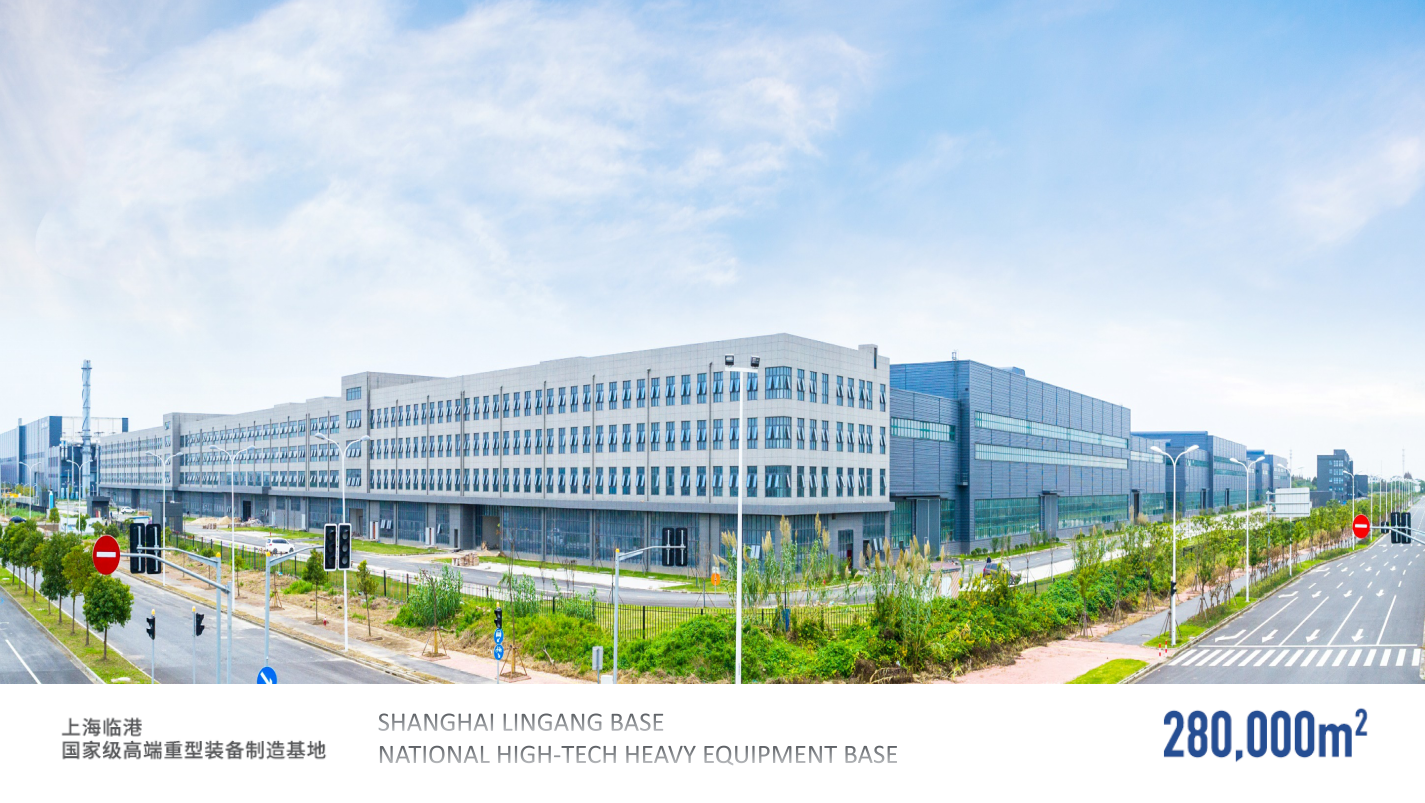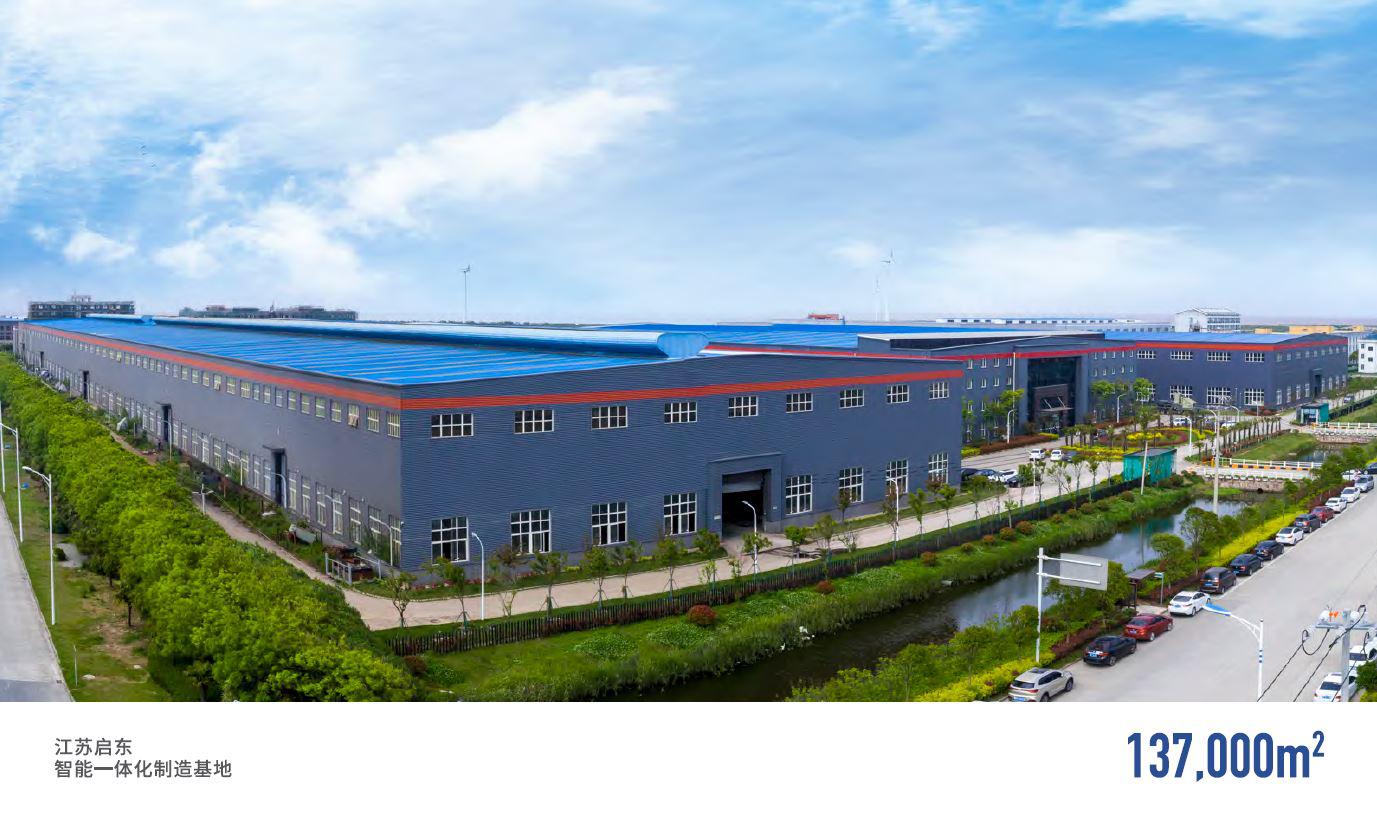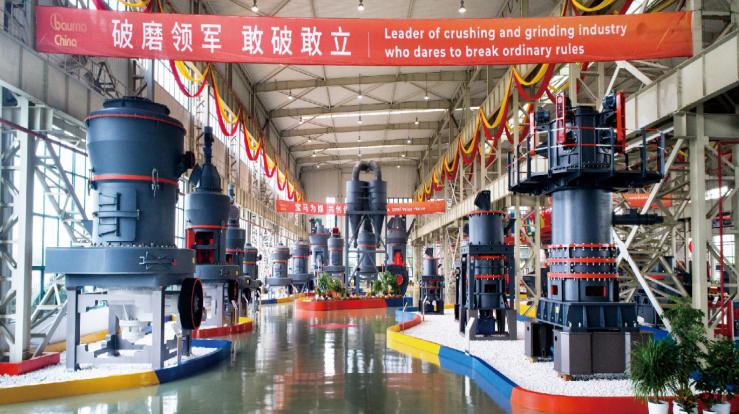The products of Shanghai micro powder technology are widely used in various industries of modern industry, such as metallurgy, building materials, chemical industry, mining, papermaking, ceramics, plastics, composite materials, rubber and coatings.
2024-05-10 14:03:14 Micro Powder Technology



